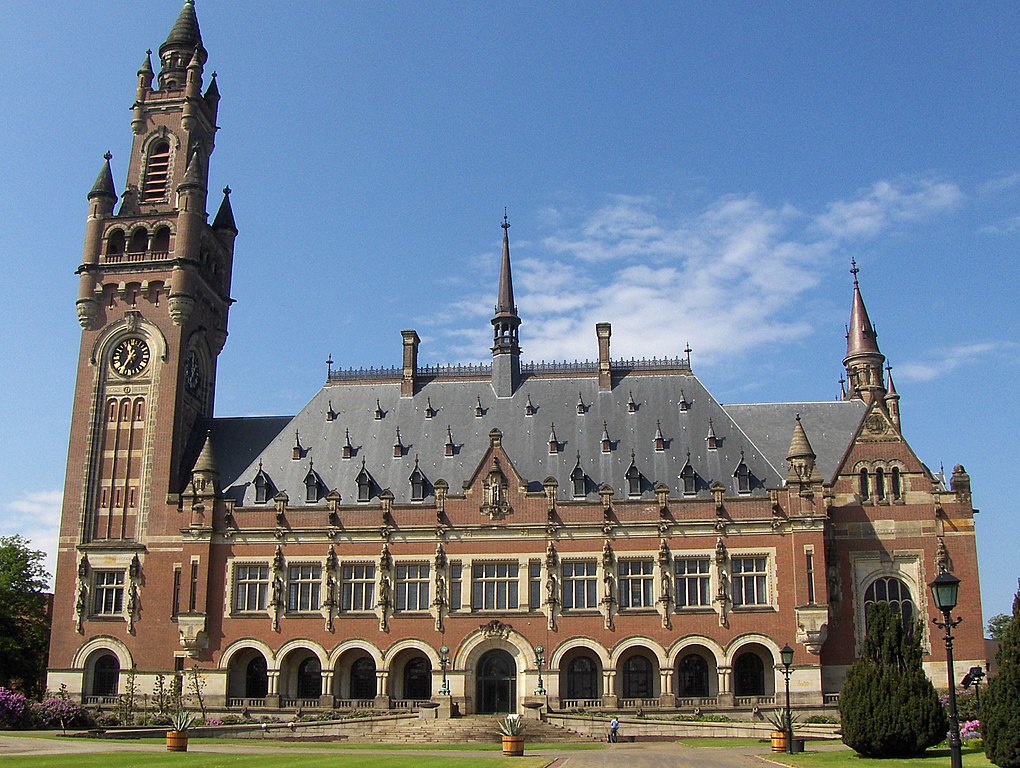The promise of progress:
Progress is a 19th-century idea. Social theorists long ago captured our imagination with the belief that advances in technology, science, and social organization would save us from the jaws of scarcity and light our way forward.
Progress is so powerful as a mental construct that it frames our national identity as an organizing principle, ever forward with new technologies, higher levels of consumption and income. This narrative is emboldened by statements in Latin found on our one-dollar bill, “In God We Trust”, and “He Favors Our Undertaking”. Progress, money and God all wrapped into a work ethic and a promising future.
The machine age, tied to capitalism, delivered widespread wealth beyond the imagination of most. The typical size of a single-family house in 1950, for example, was 983 square feet of floor space, and by the 1990’s it had more than doubled in size to 2,080 square feet, including a two-car garage. The suburbs leapt in population, automobiles and two-car families defined cities and real earnings drove up GDP, a key measure of success.

History, however, seldom unfolds in straight lines. Global warming and extractive industries that form the underlying core of our economy—and all industrial economies—threaten our future as a species. An estimated 43 billion tons of CO2 are emitted into the atmosphere annually, causing temperatures to rise and negatively impacting the natural wealth of our planet. Large tracks of depleted soil, scarcity of water, damaged oceans and coral reefs and animal species are part of a global die-off.
We may be next as a species. The destruction of entire ecosystems that we depend on for life is underway. New research in agriculture is complicating matters. It strongly suggests that climate change is reducing the nutritional value of corn, our most widely grown crop with over 1 billion metric tons produced worldwide annually.
Promises of progress are also not landing on four billion people who live on less than $3.00 per day, with large numbers of families close to starvation; many trying to survive by living off garbage dumps.
Killing fields:
Extractive industries are accelerating the demise of the globe. Their scorched earth policy of wealth at any cost is taking place despite recognition of destruction and human causalities. Science has given us the tools to grasp our impact, yet large groups of scientists are employed by industry to turn their back on reality.
Consider the following highlights: the Australian coal mining industry is mining coal and polluting fresh water resources in Northern Colombia which is virtually a desert, and coal mining companies throughout the world are poisoning the atmosphere throughout China, India and the Philippines; Standard Oil has destroyed large tracts of rain forest and rivers in the Amazon in Ecuador, continuing the behavior of British Petroleum, whose faulty pipes flushed so much oil into the ocean that it destroyed large ecosystems and significant birdlife; plantations to produce the palm oil used by companies like P&G, are eliminating millions of acres of primal forest, and President Bolsonaro, Brazil, is encouraging the burning of Amazon rain forests to make way for cattle ranching and farming, both unsuited to the soils of the area; and Korean lumber companies are busy stripping 50% of the forest area of Borneo.
Environmental activists:
Environmental activists are the heroes of our time. They are the proverbial canaries in the coalmine, standing up for nature and us all. Yet, a record number of them are being murdered. According to the NGO Global Witness 212 were killed in 2019 or more than 4 per week. These activists were killed defending clean water, monarch butterflies, and forestlands, ancestral lands against oil and gas, and gold mining companies. 66 percent of killings took place in Latin America where extractive industries are rife, and the Philippines remained at the top of the list as the most dangerous place to protest. 40% of those persons killed were indigenous people; they comprise less than 5% of the global population. Medellin, Colombia, where I currently live, is only a short plane flight away from key areas of resource extraction. Yet, citizens who live in the city have no perception or feeling for the quiet war that is taking place in the hinterlands. Those areas saw the highest number of environmental activists killed in 2019 ever recorded in a single country since Global Witness began collecting data in 2012. The drug of money derived from extractive industries is every bit as powerful as monies derived from the production and sale of cocaine.

Most killings go unpunished and many more are never reported. Governments, for the most part, feign interest in investigating those persons responsible for killing activists but do nothing. The leaders of Mexico, Brazil, Colombia, Ecuador and the Philippines to mention a few, turn their backs on killing environmental activists.
However, the potential for transformation is upon us, not only technologically but also in the form of social innovation. It’s time to open a global narrative on what to do next to protect our natural wealth as a planet, including individual activists and organizations that are spearheading a viable future. Universities globally could be networked into a force to improve the science and governance of global ecology.
Social innovation for survival:
Below are highlights of what I believe needs to be done to help steer the planet in the right direction:
Create a new legal body for global management and enrichment of the environment:
Base it on principles of ecology and sustainable economics. A mix of political representatives and scientists can lead it with input from local areas. Scientists and activists would have the last word on guidelines for country practices in hot spots. This new entity would exercise a legal authority to investigate crimes against nature and activists. Citizens, activists, organizations or local governments can initiate legal complaints. Crimes against environmental activists would be automatically investigated. We have legal examples or templates like The Hague that we can use as a point of reference to create this new entity. The organization’s charter would automatically bind member countries and spell out rules and sanctions against extractive industries. Companies that follow the rules would be given economic and tax breaks based on their environmental track record. This would give participating companies a competitive advantage over rule breakers.

End national boundaries to govern the environment:
The era of national boundaries as it pertains to territories and our survival is over. With the rise of global corporations, climate change and its impacts are transnational. The Amazon belongs to the world as much as it does to Brazil, like the federated territory of the North Pole. Nation-states are co-responsible for the global commons, not just geographic areas that belong to them by essentially arbitrary treaties and lands.
The oceans likewise will be governed by this new entity. The conduct of fisherman and vessels beyond the 10 or 20-mile limits off of land is an issue for us all.

Map key geographic and ocean areas for preservation:
Technologies like blockchain and digital platforms can facilitate the mapping of identified hot spots by mobile phone, and satellite. Satellites can map land and ocean areas down to a few square meters. Imagine being able to control and alert authorities that environmental damage being caused by certain operators in a specific area. Any entities, products or raw materials identified as violating environmental principles will be labeled as such and denied sale. It is time to end the free ride of extractive industries, which is costing us our lives.
Launch an environmental army:
Recruit, train and deploy a paid global army for environmental and activist protection. This would be similar to the UN Peacekeeping authority only more responsive to redress environmental degradation and killing of activists. This army could identify environmental degradation from space, and on the ground through surveillance cameras and heat maps. Countries would be given warnings to redress grievances and if they fail to act then the environmental intelligence unit of the army would be called in to investigate, followed by soliders, if necessary. We need to develop forensic environmental teams distributed globally.
Make public monies available for environmental organizations:
Increase public funding for organizations like Greenpeace, and Sea Shepherds to maintain the watchdog and activist dimension. Increase activist budgets to $10 billion annually, derived from an international pool of funds. Utilize public channels of communication to inform citizens about environmental violators and violations. Make it mandatory for corporations to publish their environmental records including fines and pending issues. They need to be stopped from hiding their environmental costs.
Create a series of monuments dedicated to environmental hot spots and activists who have been killed in the line of work.
These can be featured in major cities globally, including Washington DC. Launch school programs to teach and connect students to the issues addressed by fallen environmental activists.
Get active:
Call and/or email companies to protect activists who are helping preserve our Earth. Find out where companies are operating and get active. Use your money to purchase environmentally sound products. We all have experienced that individuals, social groups and organizations can win against polluters and criminals.
Teach your kids, friends, and neighbors that progress is not guaranteed; it must be carefully defined, created and nurtured. Open up dialogue on what progress means to you and the planet. All progress in economics and industry to move forward must include alternative environmental considerations, technologies and planning at its core. We can survive and flourish if we so choose.
